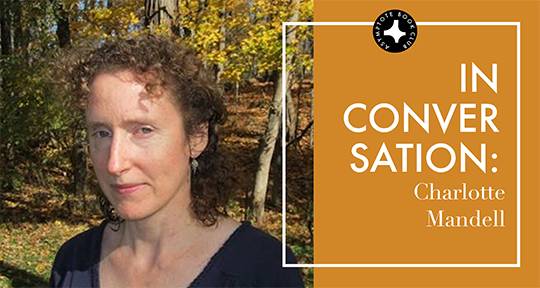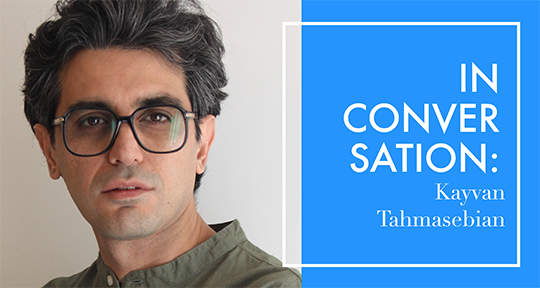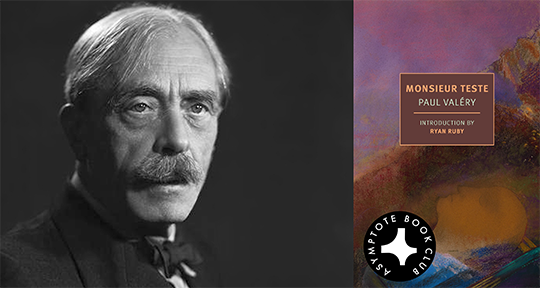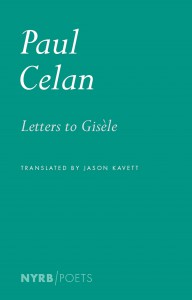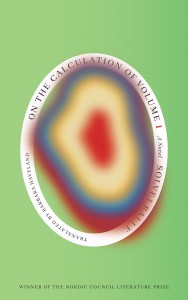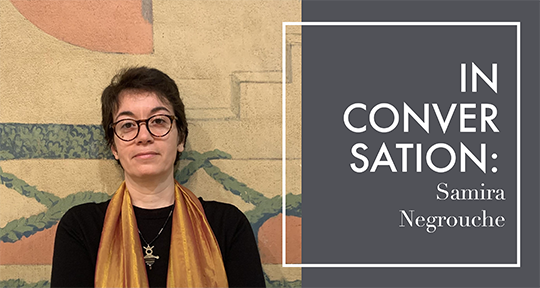With Trump’s inauguration, the world’s strange turn continues apace in the new year and the old ways of apprehending reality are struggling, as ever, to keep up. As Olivier Domerg puts it succinctly: “What can language do face to face with the inertia and the power of something?” This pressing question finds an enjoinder in #NewForms, our 14th anniversary issue, featuring never-before-published writing from 32 countries, by some of the most beloved names in world literature—Osip Mandelstam, Natsume Sōseki, Andrey Platonov, Agustín Fernández Mallo, and Damion Searls in our wildcard feature on new forms. Organized in memory of the recently deceased postmodernist Robert Coover, this Special Feature highlights works that transgress the boundaries of the literary form, opening our eyes to new aesthetic and ethical possibilities. From Robin Munby’s “parasite poem” whose hyperbolic language tests the boundary between translation and original authorship, to the laconic and darkly absurd diary entries of Elsa Gribinski’s “A Finger of Blue,” these pieces chafe against the strictures of traditional form (the poem, the journal, the letter) even as they pay homage to the artists who have shaped them. This spirit of formal ambition is by no means limited to our Special Feature. After all, “as the reality of each time changes,” says Fernández Mallo in an illuminating interview, “so does the notion of realism that the works of each era explore.” Thus, Vietnamese poet Quyên Nguyễn-Hoàng splices words and fragments into a manifesto for a new writing and both Macedonian novelist Lidija Dimkovska and Syrian author Jurj Salem put their fingers on an unexplored aspect of the contemporary condition—the urge to retreat from society—and envision new ways of being. Elsewhere in Fiction, Johanna Sebauer’s Pickled presents the anatomy of a cancelling in rural Austria, when a journalist splashed by acid pickle juice launches a media crusade against Big Gherkin. Notable among our nonfiction entries is frequent contributor Ubah Cristina Ali Farah’s The House of Termites, a slow-burning, lyrical meditation on her “unstoppable nomadism,” which finds an echo in award-winning Singaporean director Tan Pin Pin’s many evolving versions of banjia (Moving House) from the Visual section. Finally, in our Criticism lineup, Tomoé Hill trawls the thrilling concepts—around truth, and storytelling, and immortality—buried in Douglas Penick’s The Oceans of Cruelty, while Samuel notes the arrival of a new wave of talented young Korean poets on the shores of the United States and distills the lessons their work might hold for their Asian American counterparts.
This spirit of formal ambition is by no means limited to our Special Feature. After all, “as the reality of each time changes,” says Fernández Mallo in an illuminating interview, “so does the notion of realism that the works of each era explore.” Thus, Vietnamese poet Quyên Nguyễn-Hoàng splices words and fragments into a manifesto for a new writing and both Macedonian novelist Lidija Dimkovska and Syrian author Jurj Salem put their fingers on an unexplored aspect of the contemporary condition—the urge to retreat from society—and envision new ways of being. Elsewhere in Fiction, Johanna Sebauer’s Pickled presents the anatomy of a cancelling in rural Austria, when a journalist splashed by acid pickle juice launches a media crusade against Big Gherkin. Notable among our nonfiction entries is frequent contributor Ubah Cristina Ali Farah’s The House of Termites, a slow-burning, lyrical meditation on her “unstoppable nomadism,” which finds an echo in award-winning Singaporean director Tan Pin Pin’s many evolving versions of banjia (Moving House) from the Visual section. Finally, in our Criticism lineup, Tomoé Hill trawls the thrilling concepts—around truth, and storytelling, and immortality—buried in Douglas Penick’s The Oceans of Cruelty, while Samuel notes the arrival of a new wave of talented young Korean poets on the shores of the United States and distills the lessons their work might hold for their Asian American counterparts.
For all the world really. The lessons that Samuel comes away with apply just as well to those not writing from a hegemonic position but who have to pitch themselves to a readership unfamiliar with their culture. It’s a conundrum we know all too well, having been the first point of contact between countless authors and readers in our fourteen years’ of work in world literature. If you’ve personally benefitted from the “Asymptote effect” (which former President of ALTA Aron Aji cited in 2017 as one of the key factors contributing to the ever-growing reception of international literature in translation), we hope you’ll consider standing with us as we enter our fifteenth year. The best way to support us is to sign up as a sustaining member from as little as USD5 a month. If you are able to afford it, come aboard as a masthead member, as wonderful readers like Yann Martel have done. Finally, if you would like to be part of an upcoming issue or even our dynamic volunteer team, check out our submission guidelines (Korean translators, take note: submissions to our upcoming paid Special Feature, organized in partnership with LTI Korea, closes Feb 15) and our latest recruitment drive (we’re on a lookout for a new Nonfiction Editor, among others; deadline: Feb 2). Thank you for your readership and your support, which have made this all worthwhile.


